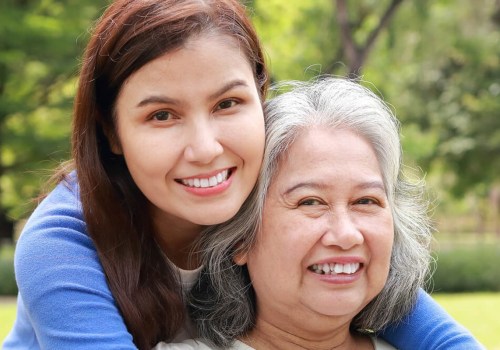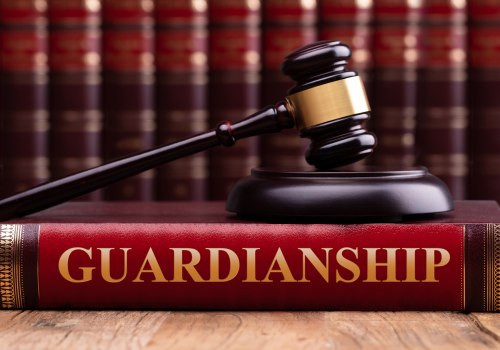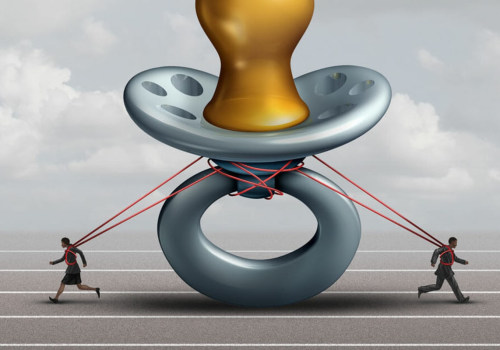Legal custody is the right to make decisions for your children, including important decisions, such as health care, education, and religious education. Physical custody is where children live. Sole legal custody means that only one parent has the authority to make decisions related to the child. Sole physical custody means that only one parent is responsible for the care and control of the child.
Joint custody in Virginia refers to legal custody, which means that both parents have the same capacity to make decisions for the children. The impact of this is that if one parent has an important decision they want to make for their children, the other parent has to agree with it. The most important thing is to seek qualified legal help, always, but especially when you have to make monumental decisions that affect your own children. When parents share legal custody, neither parent can make decisions for the child without first consulting the other.
As family structures develop and many families have two parents who work full time, joint legal custody agreements are becoming more common. Joint custody (whether physical or legal custody) means that you and your ex-wife share responsibility for your children. If parents get along well and have decent communication skills, judges generally grant them joint legal custody. If you and your ex can communicate and agree on all the provisions of a custody agreement (physical and legal, sole or joint custody and parenting time), the judge will approve your agreement if the arrangements appear to be in the best interest of the child.
The most common scenario that arises among parents is to have joint legal custody of their children, which means that both have the capacity to make important decisions. Therefore, third party custody refers to any person who is not a biological or adoptive parent of a child who has any type of custody rights over that child. In addition to confusion, one parent could have sole physical custody but share legal custody with the other parent. When one parent has fewer than 90 days of custody with the child per year, the other parent who has custody of the child more than 90 days of custody per year has “sole physical custody of the child.” Legal custody is the right of parents to make decisions regarding the welfare of the child, including education, religion and health care.
For example, the judge can grant sole physical custody to one parent, but joint legal custody to both parents. Non-custodial parents have the same rights and access to their children and information related to their children, assuming that the parents continue to share joint legal custody. A parent who does not have primary physical custody of a child has a legal right to have visitation with that child.










